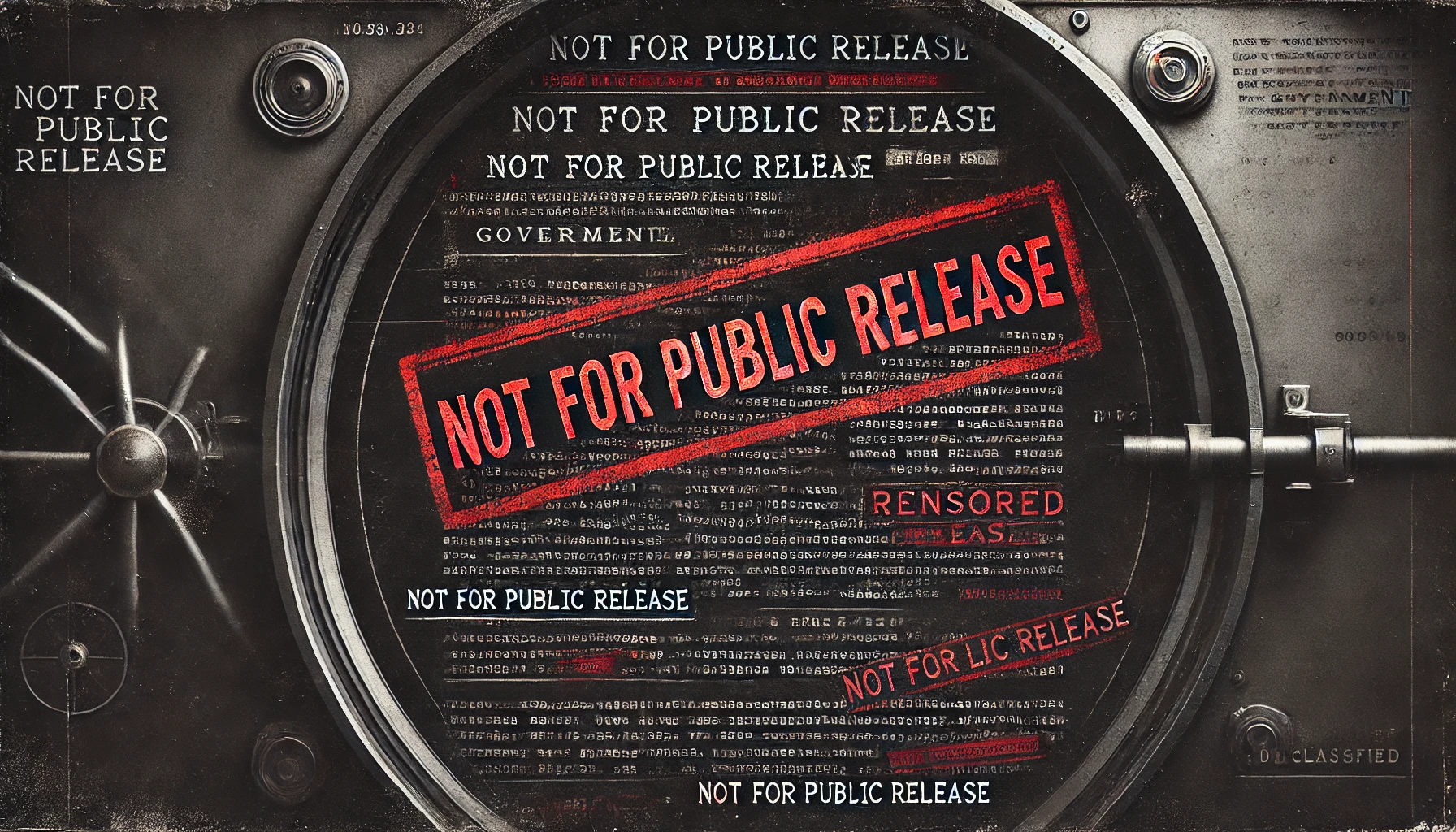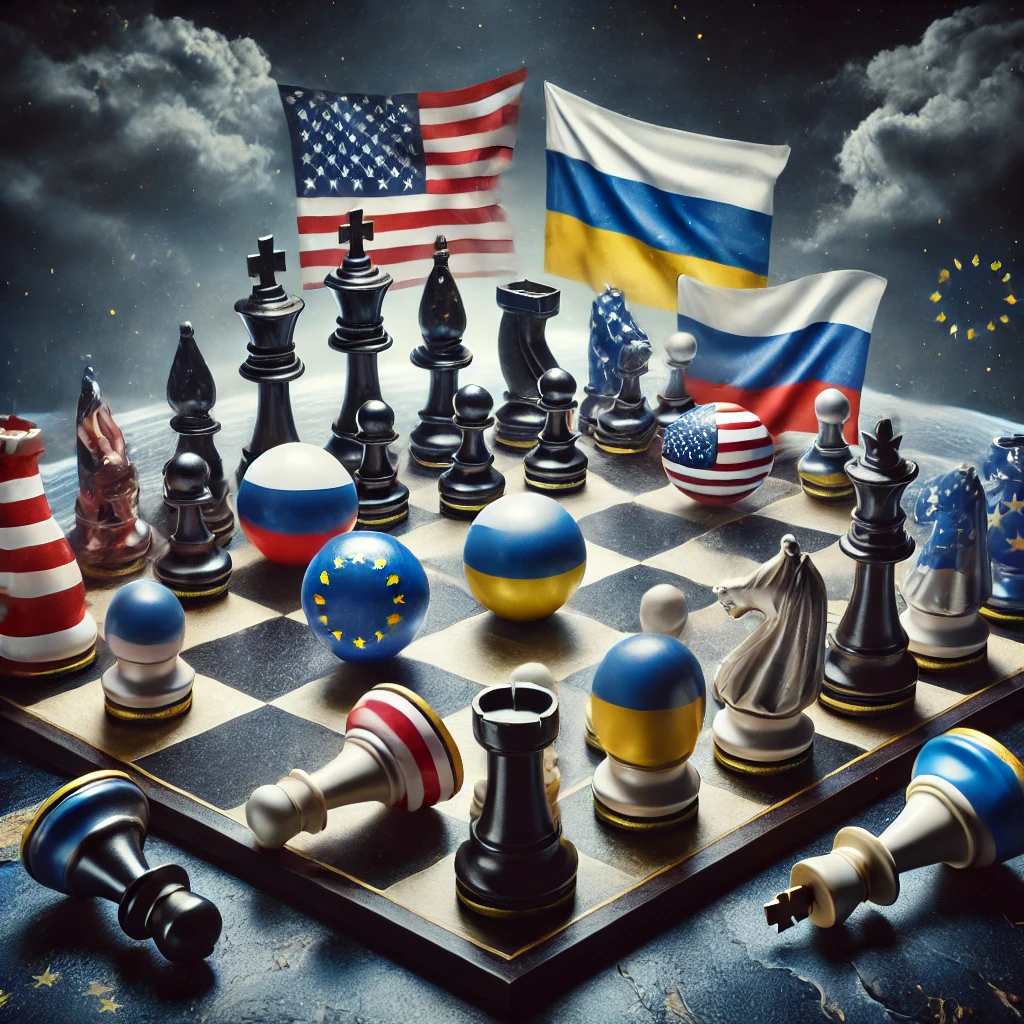President Donald Trump’s recent assertions that Ukraine initiated the conflict with Russia and his suggestion that Ukrainian President Volodymyr Zelenskyy should step down have sparked significant controversy. These statements, aligning closely with Russian narratives, have profound implications for U.S. foreign policy and its relationships with allies.
Trump’s Narrative and Its Potential Benefits
By adopting a stance that appears sympathetic to Russia, President Trump may be aiming to:
1. Expedite Conflict Resolution: Positioning Ukraine as the aggressor could be a strategy to justify reducing U.S. involvement, thereby accelerating peace negotiations.
2. Rebalance Defense Responsibilities: This approach might pressure European nations to take a more active role in regional security, aligning with Trump’s longstanding view that Europe should bear a greater share of defense expenditures.
3. Enhance U.S.-Russia Relations: By fostering closer ties with Russia, the administration could be seeking to shift the global power balance, potentially isolating China and redefining international alliances.
Implications for U.S. Allies
This narrative shift has elicited concern among European allies and Ukraine:
• Erosion of Trust: Direct U.S.-Russia negotiations, excluding Ukraine and European partners, may lead to a perception of diminished U.S. commitment to traditional alliances.
• Strategic Uncertainty: European nations might feel compelled to reassess their security strategies, potentially increasing defense spending and seeking alternative alliances to mitigate perceived U.S. disengagement.
Courting Russia: A Strategic Realignment?
President Trump’s approach suggests a potential realignment of U.S. foreign policy:
• Transactional Diplomacy: Emphasizing pragmatic deals over ideological alliances, this strategy could redefine global partnerships based on immediate national interests.
• NATO’s Future: A U.S. pivot towards Russia might undermine NATO’s cohesion, prompting member states to question the alliance’s reliability and future role.
In summary, while President Trump’s narrative may aim to recalibrate international relations and reduce U.S. involvement in prolonged conflicts, it carries significant risks. The potential alienation of longstanding allies and the reshaping of global alliances could have lasting impacts on international stability and U.S. foreign policy objectives.
1. Zelensky wary but Trump says Ukraine will be at peace talks – as it happened
https://www.thetimes.co.uk/article/ukraine-war-update-start-russia-putin-latest-news-s5zjwtmp3
2. A deeper look at the talks between US and Russian officials as Trump suggests Ukraine is to blame
https://apnews.com/article/94bc4de5ecc86922d6ea4376e38f1cfd
3. Trump is making Europe squirm – to force a lasting peace in Ukraine
https://nypost.com/2025/02/18/opinion/trump-is-making-europe-squirm-to-force-true-peace-in-ukraine







